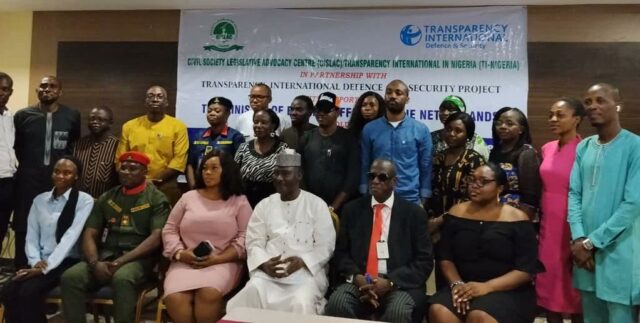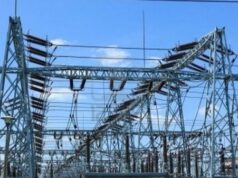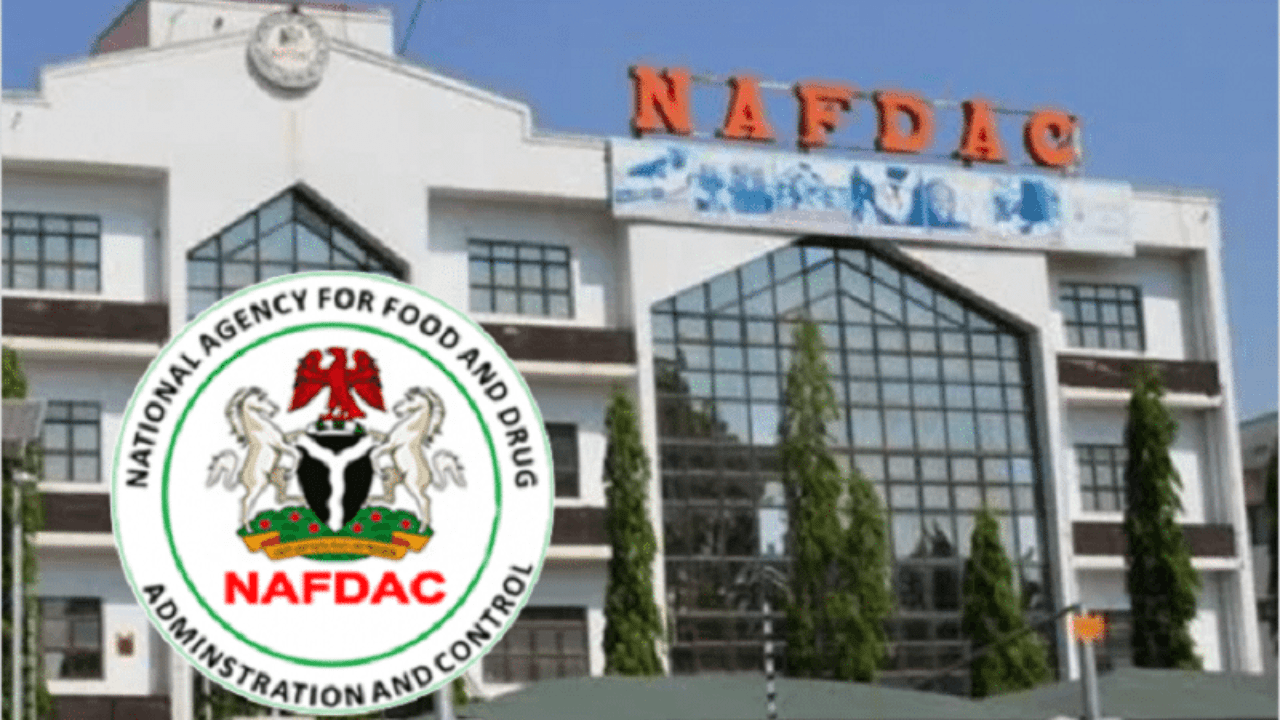The Civil Society Legislative Advocacy Centre (CISLAC) has called for stronger accountability mechanisms to tackle corruption and inefficiency in Nigeria’s defence sector.
Speaking on Tuesday at a workshop in Lagos, Auwal Ibrahim Musa Rafsanjani, executive director of CISLAC and head of Transparency International Nigeria (TI-Nigeria), said corruption, financial mismanagement, and abuse of power continue to undermine the country’s capacity to address insecurity.
The workshop, organised in partnership with Transparency International Defence and Security Programme and supported by the ministry of foreign affairs of the Netherlands, focused on strengthening the investigative capacity of journalists covering corruption in the defence sector.
Rafsanjani said findings from the government defence integrity index (GDI) and other research revealed that systemic corruption in the security establishments had worsened violent conflicts and weakened public trust.
He said the government’s failure to curb graft had contributed to the proliferation of self-defence militias and the militarisation of communities.
“Nigeria, Africa’s most populous country, faces diverse corruption-induced security and financial issues,” Rafsanjani said.
“The ongoing corruption, financial mismanagement, and wider abuse of power within the defence and security sector have worsened Nigeria’s numerous security threats and weakened the country’s ability to mitigate escalating violent conflicts.
“Studies have identified corruption as a major factor affecting Nigeria’s public finances, business investment, and standard of living.
“The decades-long struggle with systemic corruption places Nigeria 145th out of 180 countries in the 2023 transparency international corruption perception index (CPI), with little change over time.
“Similarly, Nigeria’s 2024 CPI score is 26 out of 100, ranking 140th out of 180 countries, indicating a high level of public sector corruption.
“PricewaterhouseCoopers warns that corruption could cost the country up to 37 percent of its GDP by 2030 if not addressed.”
The CISLAC chief said the situation in the defence sector is particularly troubling given the scale of funds involved.
“Reports of soldier desertion and corruption in arms procurement continue to endanger troops on the frontlines,” he said.
“Between 2016 and 2022, Nigeria spent over US$19.9 billion on security. The military budget rose from US$2.4 billion in 2020 to US$4.5 billion in 2021 before dropping slightly to US$3.2 billion in 2023.
“Despite this, Nigeria remains the largest arms importer in sub-Saharan Africa, representing 16% of regional imports between 2019 and 2023.
“A 2022 Centre for Democracy and Development (CDD) report revealed that about $15 billion had been lost to fraudulent arms procurement in 20 years. These opaque dealings remain largely unaccountable.”
Rafsanjani also decried human rights abuses, including civilian casualties from airstrikes and sexual violence by security operatives, saying impunity persists despite government enquiries.
He called for reforms in financial management and accountability across the defence sector, citing poor auditing systems and outdated laws as barriers to transparency.
“The obsolete Audit Act must be amended to empower the office of the auditor-general to effectively review defence expenditures,” he said.
Rafsanjani urged the government to disclose defence budgets and contracts, harmonise procurement laws, and strengthen legislative and civilian oversight of the armed forces.
He also called for gender-sensitive reforms in the military to prevent sexual violence and promote women’s participation in leadership.




